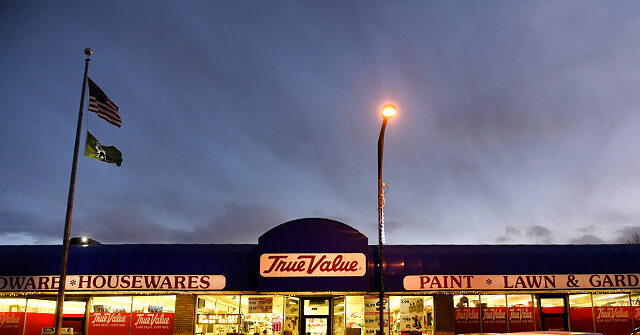True Value, a major hardware supplier with a substantial presence both in the U.S. and internationally, has recently initiated Chapter 11 bankruptcy proceedings and agreed to sell its operations to rival chain Do it Best Corp. Based in Chicago, True Value operates around 4,500 retail locations. The filing took place in the U.S. Bankruptcy Court for the District of Delaware, marking a significant development in the company’s financial struggles. This strategic move reflects the efforts of True Value’s leadership to address mounting challenges and maximize value for their operations as they seek to navigate future uncertainties.
True Value’s CEO, Chris Kempa, articulated that following a comprehensive evaluation of potential paths forward, the decision to sell the business emerged as the most favorable option. The primary objective of this sale is to enhance value for True Value’s retail partners and stakeholders while ensuring a sustainable future for the company. In his statement, Kempa emphasized the beneficial prospects associated with the sale to Do it Best, indicating a shared commitment to growth within the home improvement sector. Encouragingly, he expressed gratitude towards True Value’s loyal stakeholders, highlighting the company’s focus on securing a stronger position going forward.
The completion of the sale is anticipated by the end of 2024, according to company announcements. Dan Starr, the president and CEO of Do it Best, underscored the strategic importance of acquiring True Value, which represents a significant milestone for both the buyer and the home improvement retail sector at large. The acquisition would potentially redefine market dynamics and present heightened opportunities for growth among both True Value and independent hardware stores. Do it Best has backed its bid with a proven track record in the industry, suggesting that efficient operations could be leveraged to ensure profitability and sustainability post-acquisition.
True Value’s financial predicament is further illustrated by its liability range, estimated between $500 million and $1 billion, as indicated in its bankruptcy petition. This extensive financial burden has necessitated the consideration of strategic alternatives, including the impending sale. Moreover, Do it Best has entered the acquisition process as a “stalking horse bidder,” a designation that allows other interested parties to propose higher bids during the proceedings. Such conditions highlight the competitive nature of the transaction and the potential for True Value to secure a more advantageous financial resolution.
The terms of the proposed acquisition include an agreement from Do it Best to provide $153 million in cash, along with assuming approximately $45 million in contracts and various obligations associated with True Value. This offers a clear financial lifeline for the distressed retailer, but it also underscores the need for an assured workforce post-transition. Do it Best has expressed intentions to retain “some True Value employees,” suggesting a commitment to stabilize operations and maintain continuity within the workforce, which is essential for sustaining customer relationships and operational efficiency.
In summary, True Value’s move to file for bankruptcy and its agreement to sell to Do it Best Corp signifies a pivotal moment for the company as it confronts its financial challenges. This transaction not only aims to optimize value for stakeholders but also positions Do it Best to expand its influence in the home improvement retail market. With an expected completion timeline into 2024, the outcome of this strategic maneuver could redefine the operational landscape for both companies, potentially revitalizing True Value while enhancing Do it Best’s competitive standing in the industry. As the process evolves, further developments will be crucial to understanding the broader implications for the hardware retail sector.

